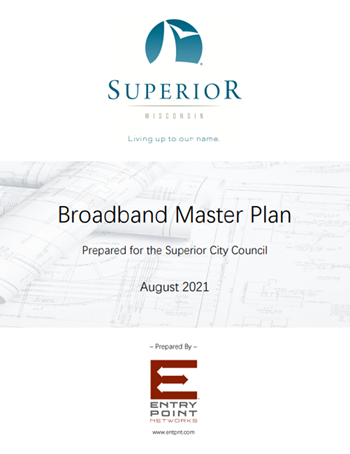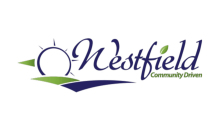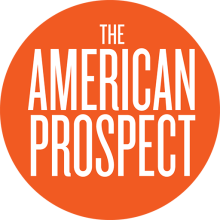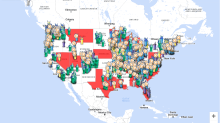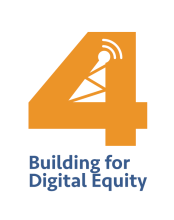Webinar To Explore ‘Smart City’ Infrastructure and the Costs of Ignoring It
Once again, the Community Broadband Networks team at the Institute for Local Self-Reliance (ILSR) will team up with the American Association for Public Broadband (AAPB) to host another thought-provoking webinar – “Building Smarter Cities and the Cost of Doing Nothing.”
Moderated by AAPB Executive Director Gigi Sohn and ILSR’s Sean Gonsalves, the livestreamed discussion will bring together community-driven broadband champions who are redefining what it means to be a “smart city” — and what communities risk when they fail to invest in modern connectivity.
Slated for November 20th starting at 12 noon ET, interested attendees for the free 60 minute webinar are invited to register now here.
From Huntsville’s groundbreaking public–private partnership with Google Fiber to Loveland’s city-owned-and-operated Pulse Fiber, network operators in those communities will share real-world lessons on how they were able to turn infrastructure into opportunity.
The livestreamed webinar will feature Stacy Cantrell, Vice President Engineering for Huntsville Utilities; Brieana Reed-Harmel, Broadband Manager for Pulse Fiber; and will also include expert insights from Dr. Bento Lobo (University of Tennessee at Chattanooga) who will unpack the economic data behind smart city investments, while Paul Dickinson (Founder of Smart Infrastructure Solutions) will offer a glimpse into the next generation of intelligent infrastructure.
As the panel dives into the why and how communities are transforming their local digital landscapes, the forum will explore the technologies, policies, and partnerships powering the cities of tomorrow — and why doing nothing is the most expensive choice of all.




